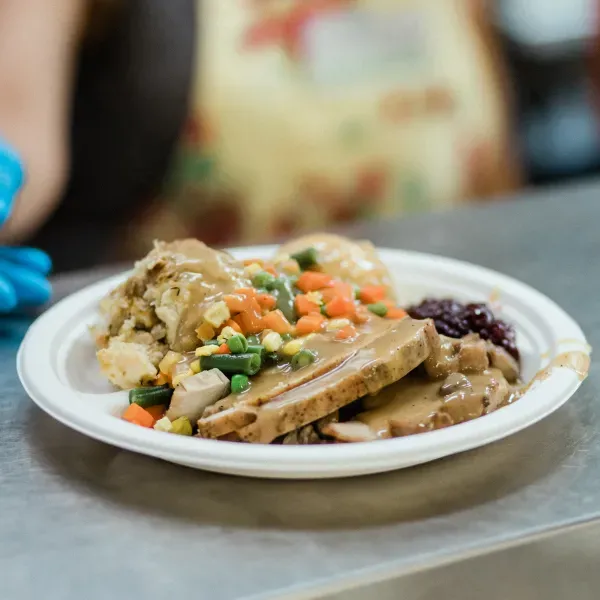Happy Mental Health Awareness Month!
May is Mental Health Awareness month! Focusing on your mental health can begin with this blog post, because we’re bringing you practical tips to help improve your mental health and wellbeing, starting today. Because your mind, body and soul deserve to be healthy and happy!
Did you know that mental illness is one of the biggest contributing factors to homelessness? People who are struggling with mental illness are more at risk of experiencing homelessness. This leads to a vicious cycle, as homelessness can intensify mental health struggles.
83% of people who are homeless in Vancouver have physical or mental health concerns, but no financial safety net. And nearly half of people facing homelessness report that they’re struggling with multiple health concerns. Breaking cycles of homelessness is never easy, especially when a person is surrounded by stigma, and struggling with trauma and mental health. Which is why we at UGM are here to help those who are struggling with homelessness, addiction and poverty, through life-saving programs.
It’s so important to bring awareness to mental health, always. We hope this blog post will help someone who is in need of hope. Read these tips to improve your mental wellbeing.
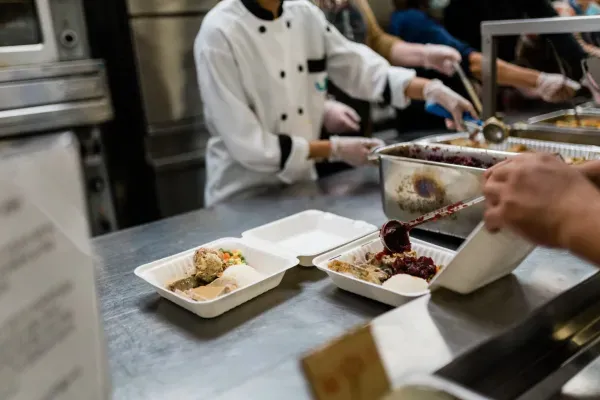
A UGM meal that we serve to our guests
1. Start your day off nourished…
This is your reminder to eat breakfast! Not only is a proper breakfast crucial for your physical health, but your mental health too—it helps improve your energy, memory and concentration. It fuels your day, so why wouldn’t you want to eat breakfast?
At UGM, we offer daily breakfast to our guests in need to help them start their day, nourished and prepared. We serve hundreds of meals daily for breakfast, lunch and dinner to our homeless neighbours in need.
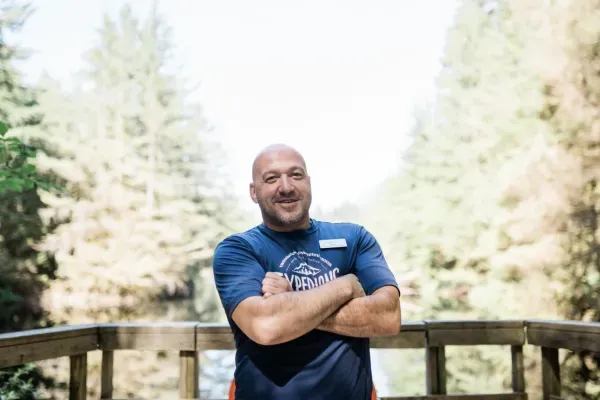
A UGM Expeditions Alumni enjoying a hike
2. Spend time outdoors…
There’s a reason for the saying ‘walk it off’. It’s because it works! Walking outdoors can improve your mood and reduce your stress, alongside a plethora of other benefits. Research has shown that staying active can help those who are struggling with depression and also reduce the risk of becoming depressed. There are so many different ways to enjoy the outdoors that there is sure to be an exercise for you. If you’re not a fan of walking, try biking, running, swimming, kayaking or more. Just get outdoors and explore.
At UGM, many of the men in our Alcohol & Drug Recovery Program credit the outdoors as a big factor that helped them along their recovery. We know how helpful the outdoors can be for the mind and body, which is why we offer a hiking and outdoor program called Expeditions.
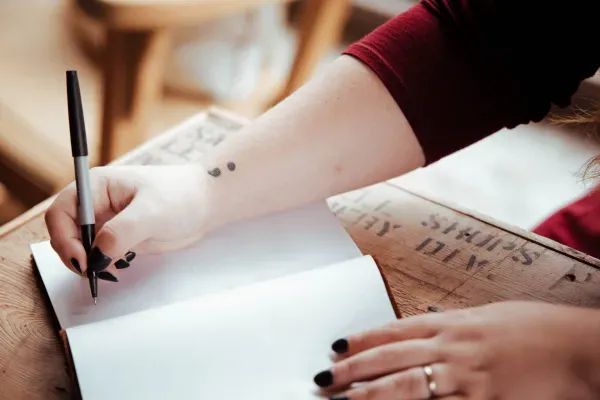
3. Write in a gratitude journal…
What are you grateful for? Think it over and then write it down! Studies have shown that gratitude journals positively impact you in so many ways, from improving overall wellbeing to boosting mood, increasing happiness and more. Make it a daily habit to list five things you are thankful for, and set a daily reminder on your phone so that you don’t forget.
Here at UGM, gratitude journals are a practice we implement in some of our women’s programs too, as we journey alongside women who are working to overcome homelessness and/or addiction. Many of them face mental health struggles stemming from traumatic experiences.
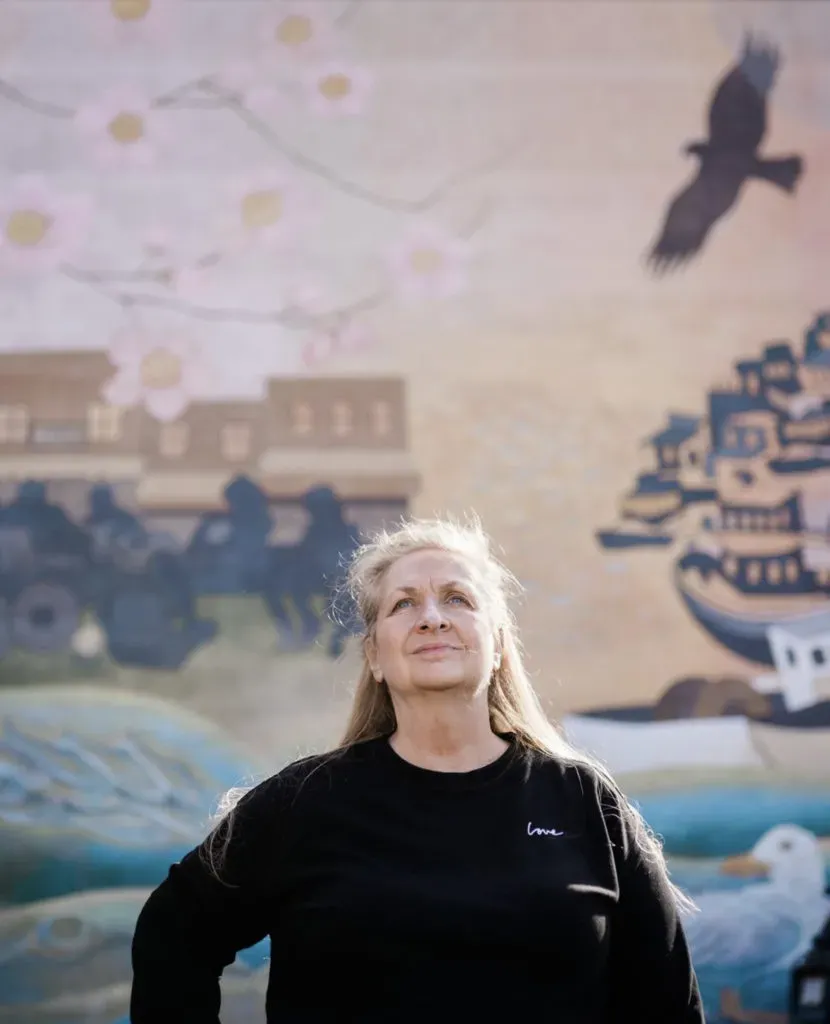
Read inspiring stories like Virginia’s on our social media channels
4. Reduce screen time…
Taking a digital detox can be just what you need to recharge and refresh. Even if it’s just setting a small period of time each day that is a phone-free zone can be helpful. Other ways to decrease your daily screen time include using phone apps that enforce time limits on phone usage, spending time outdoors, and making phone-free time as part of your morning routine.
And when you are spending time on your screen, make sure to consume more of the right things. For content that will fill you with joy instead of taking it away, follow UGM’s social media pages and be inspired by heartwarming transformation stories.
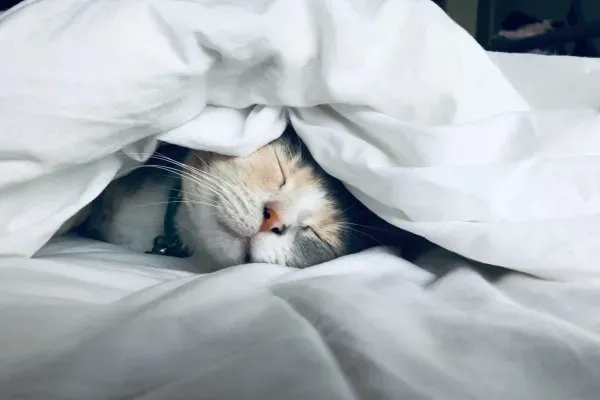
5. Get enough sleep…
Go get your beauty rest! There is endless research showing how important it is to get enough sleep. To stay healthy mentally, you need to get the proper rest to recharge. Adults need at least 7 to 9 hours of sleep every night.
We at UGM know the importance of getting a good night’s sleep. Many of our homeless neighbours don’t have a safe place to sleep. That’s why we have our emergency shelter open 365 days a year, with 72 beds for those struggling to find a safe place to sleep.
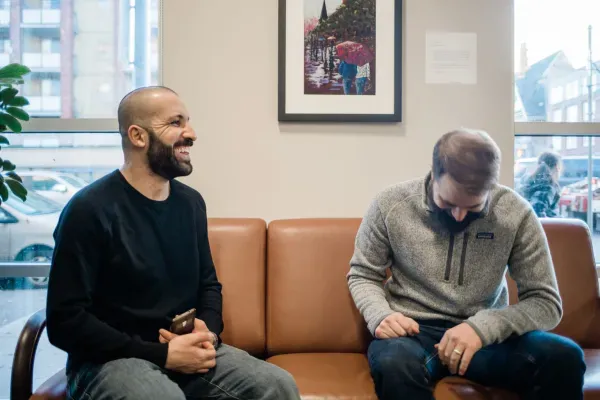
A UGM Case Manager supporting a UGM Alumni (photo taken before COVID-19)
6. Reach out for help…
We’re not meant to do life alone. When you’re struggling, it’s so important to reach out and to receive support from others. Seeking help shows strength, not weakness. As Brené Brown says, “Vulnerability is not weakness; it’s our greatest measure of courage.” Whether it’s reaching out to a family member or friend, seeking out therapy, or calling a hotline, make sure to speak up if you’re struggling.
At UGM, men and women who participate in any of our recovery programs receive one-on-one counselling from our professional, compassionate counsellors. Our counsellors equip each person with intrapersonal awareness, healthy life skills, and the tools to work towards a new chapter.
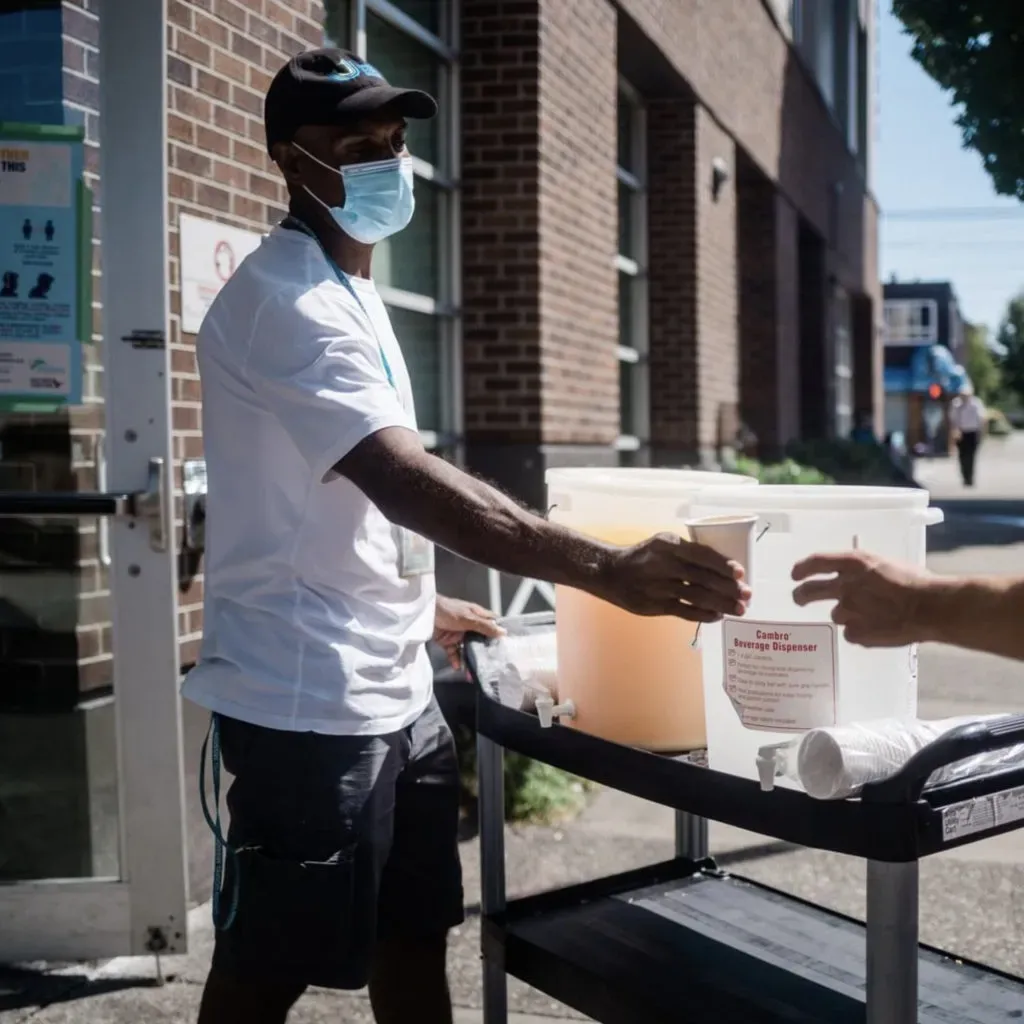
A UGM Staff handing out cool drinks during a Vancouver heatwave
7. Stay hydrated…
Drink more water—say it with me, drink more water. Water is life and that’s not an exaggeration. We need water to survive. Dehydration significantly impacts energy levels and cognitive function and leads to headaches. The sweet spot you want to aim for is 8 cups of water per day (2 litres).
At UGM, we offer drinks like water and juice to help those struggling with homelessness stay hydrated. During the hot summer months, we offer cool drinks to help prevent heatstroke in our homeless guests, many who do not have a place to stay safe from the heat.
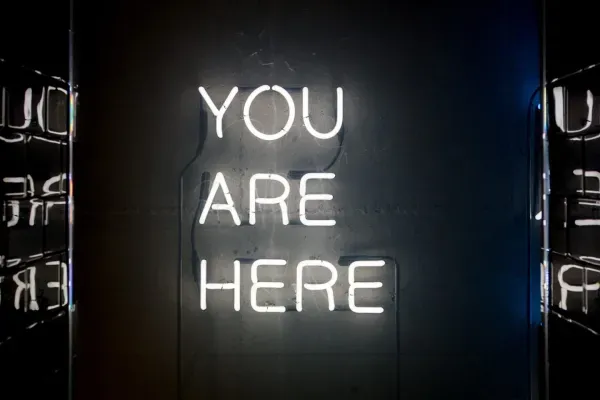
8. Practice mindfulness…
Eleanor Roosevelt said it best: “Yesterday is history, tomorrow is a mystery, but today is a gift that’s why we call it the present.” But it can be tough to actually stay in the present. One proven way to help change that is through practicing mindfulness. Beyond having many mental health benefits, mindfulness helps you learn to enjoy the present moment.
Some ways to practice mindfulness including breathing exercises, meditation and intentionally directing your attention to the sensations of the present moment. Here’s more information on various mindfulness practices.
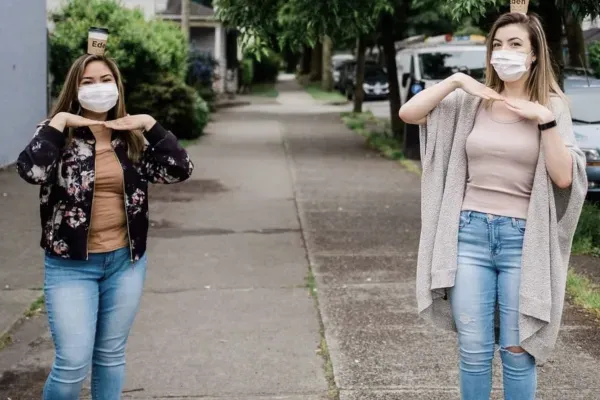
Two UGM Staff who are also best friends
9. Surround yourself with a strong community…
Having a strong community is crucial, not just to survive but to thrive, both mentally and physically. No man is an island and we’re not meant to live in isolation. Make sure that the people in your life bring you up instead of down, and that you find others who have similar values that you can journey alongside.
At UGM, we know the importance of community. Many of our staff, guests, volunteers and more have formed life-long friendships at UGM. If you’re interested in being a part of our strong community and making a difference through your career, visit our Careers page.
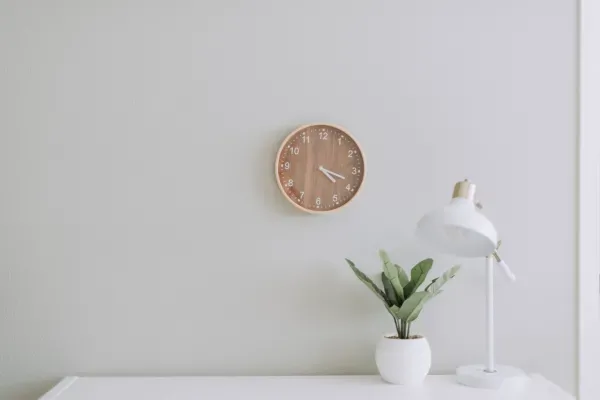
10. Declutter your home…
More stuff at home can equal more stress. More and more people are embracing a minimalist lifestyle as it is proven to have many benefits. While you don’t have to go full-on minimalist in your home, there are simple steps you can take to declutter.
One way to declutter your clothes or home items but still make sure they go to good use? Donate the clothes you don’t wear anymore or the items you don’t use! Our UGM Thrift Store accepts various sorts of donations that ultimately help our neighbours in need. Visit our Thrift Store website for information on donation drop-off and pick-up.
We hope these daily tips help you on your mental health journey. Together, let’s raise awareness for mental health, end the stigma surrounding mental illness and help those who are struggling with mental health, like our homeless neighbours.
Sign up below for our emails to receive more inspiration and to support people struggling with homelessness and addiction every day.


